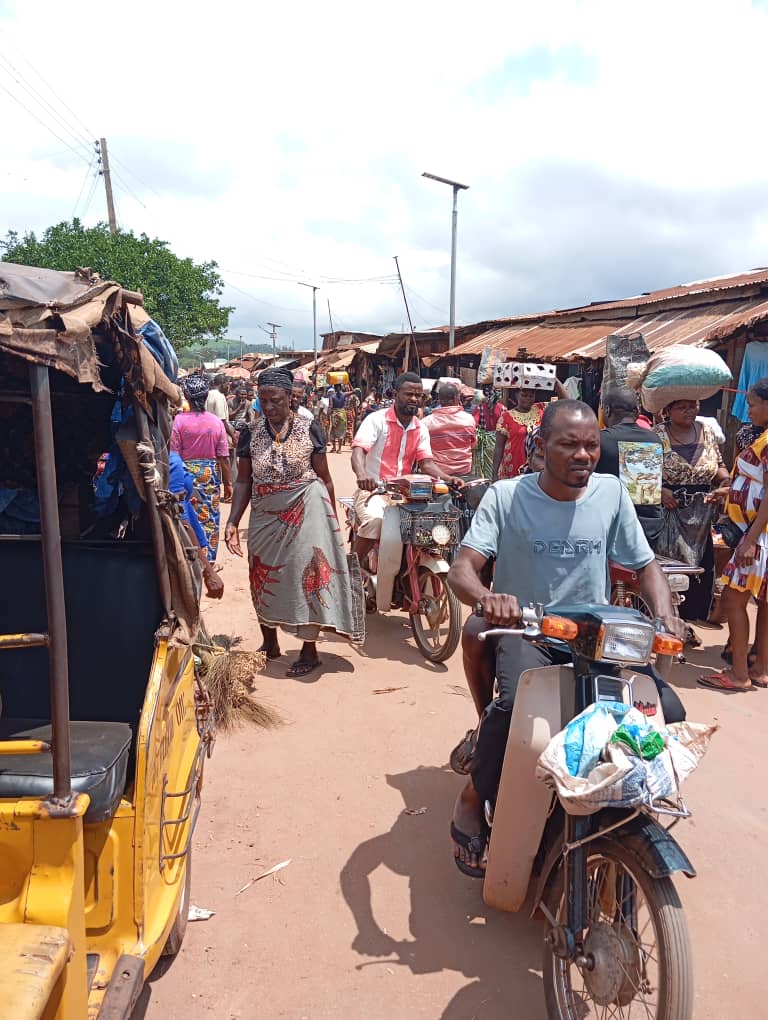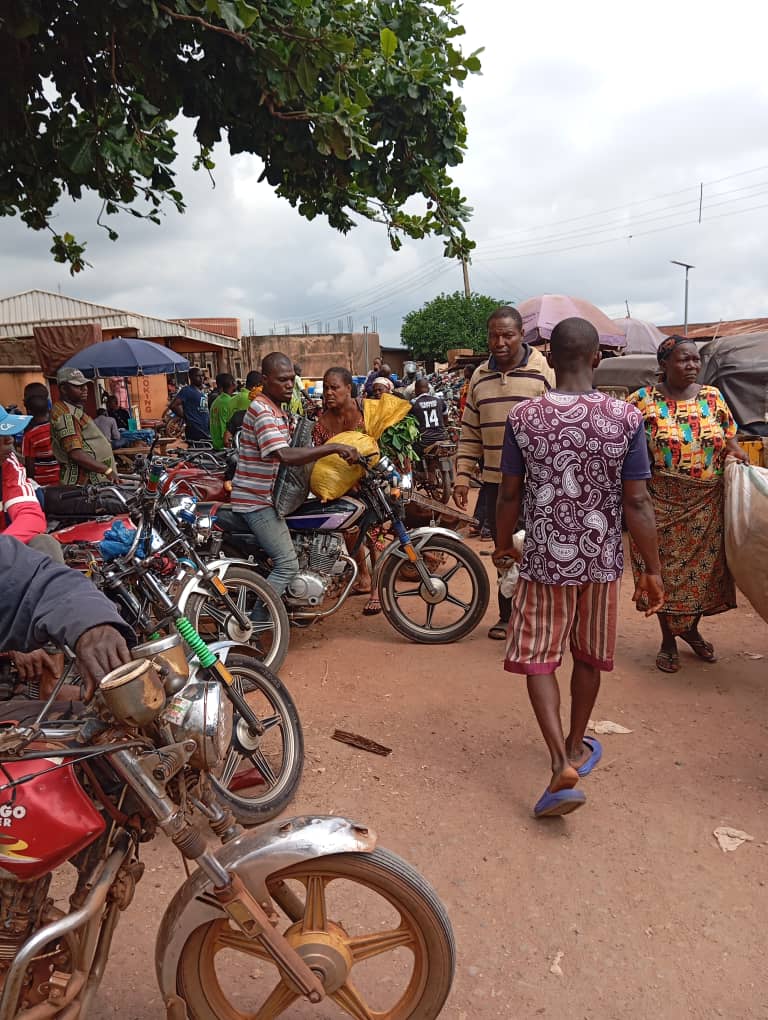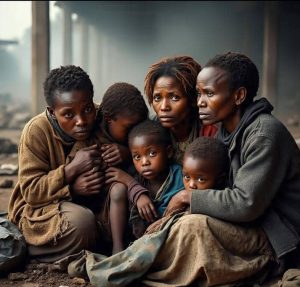NKWO IBAGWA-AKA MARKET, THE ECONOMIC HUB OF IGBO-NSUKKA, FACES URGENT ACCOMMODATION CHALLENGES
Opinion
By Nkem Ossai
One of the burdens of a writer is to draw the attention of the government and the governed to an obligation that is being ignored or neglected. No wonder philosophers believe that to pick a pen is to engage the authorities in a battle of wits.


Development is not necessarily seen in the context of the number of structures springing up in a community, rather it should be seen in the social, emotional and economic activity beneficial to the upliftment of the standard of living of majority of the people. Many authors agree that it is a process of change in attitude, social structure, reduction of poverty and inequality. They also maintain that increased capacity and greater freedom are all ingredients of development. It is this change of attitude and priorities that is lacking in our development plans.
We can agree that development is not found in the demolition of people’s means of livelihood without first providing alternative. Real development must first seek the consent of the people and find out their priorities before embarking on a project. After all, democracy is said to be the government of the people. The people should be preeminent in all actions of the government. That is just the sole purpose of government.
However, the black man thinks differently. His sense of power is quite distinct. He sees power as a property acquired for self glorification and self deification. He thinks the essence of power is to deal with his real and imaginary enemies. He will never realize that power is transient until his tenure expires. Consider the concept and reason behind the “DOT NATION” by Muhamadu Buhari. Such is the world of black man and of course his tragedy.
It is important that we take into consideration the above definitions in order to be able to juxtaposition government responsibility to development related issues. What is actually the responsibility of leadership to the led? Apart from enforcing laws, making policies, and taking decisions for good leadership, (in this circumstance), it also includes providing public goods and services, maintaining order and stability, and protecting the rights and interests of its citizens taking into consideration the priorities. There is no gain re-emphasizing these entrenched responsibilities and duties. Nevertheless, it is stressed here just for the record. This is because, the measures put in place to checkmate the abuse of this process has since fallen victim of those who are supposed to be the trailblazers. In other words, those who are supposed to be the vanguards have turned to vampires sucking the system earnestly. They have indeed joined the fray and sustainably making the system unworkable.
That brings us to the business of the day. There is a palpable anxiety in Ibagwa-Aka, Igbo-Eze South, local government headquarters about the fate of ‘Nkwo Ibagwa-Aka Market” following the sudden demolition of a major part of Ogige-Nsukka Market. The market indeed, weathers the storm arising from the demolition hangover of Ogige Market.
Again, history is rife with the fact that apart from the people of Enugu State, the people of Abia, Benue, Kogi Anambra and even Kwara States do their trading activities in Nkwo Ibagwa-Aka. To say that the market is in dire need of expansion and reconstruction is an understatement.
So, with the demolition of Ogige Nsukka market, expansion of Nkwo-Ibagwa-Aka becomes an emergency. Every Nkwo day, we notice extraordinary rise in population making it completely difficult for movement of the traders inside the market and even along the road leading to the market.
It is concerning and sad that several local authorities keep coming and going with more interest in revenue collection than the dilapidation of the ‘over a century old’ market. The market which serves uncountable communities has won tattered looks for more than 30 years. It is worse during rainy season as the ground is punctuated by flowing mud in between the shades and stalls. In other words, traders and shopping enthusiasts walk inside the mud during rain falls as there is not a single drainage system inside the market.
Recently, a move was made towards decongesting the market when the timber shade was shifted to Uzoego Ibagwa with the help of Alh. Jimo Rauf Badamosi (Kuzel), the extraordinary philanthropist. As we commend this singular action by an individual, there is now need, more than ever, for the local council to face squarely, their constitutional responsibility. It is now inevitable that action like the one taken by Alh. Jimo is required to move some other independent shades to remote locations in Ibagwa to provide space for those goods and services that cannot be altered from the main location.
As a way of offering suggestions, distinct shades like yam, goat, palm kernel and palm oil etc. can be relocated to other areas not too far from the main market. Apart from decongesting the main market, it is another way of creating and providing more opportunities for employment. On the alternative, a relief market can be established for the goods mentioned above. A similar thing was done for Ogige market Nsukka some years back by the government of Barr. Tony Ugwu. Hon. Barr. Ugwu as the then Nsukka LGA Chairman, noticed the congestion that was building up at Ogige market. He took a proactive action by establishing two relief markets of ‘Ikpa’ and ‘Aku Road’. These markets were then seen as unnecessary inconveniences to the traders. Today, with the sudden demolition of Ogige market, the two relief markets provided a succor by absorbing some of the near-hopelessly displaced traders from Ogige market.
Urban and developing communities do not necessarily need to have one market. In fact, there can be individual markets for some of the distinct major items like, cassava and yam, livestock: chicken, goat, cattle etc.
Thank heavens, a new law has just been put in place to allow for real autonomy of our local councils. The import of this law (if it is allowed to see the light of day), is to remove the meddlesomeness or intrusiveness of the state governments. It is hoped that when the local councils become fully independent of the state (save for incurable corruption), they will be in a position to embark on bigger projects like reconstruction of local markets or building new ones.
In spite of the fact that Igbos are diehard traders, we have remained with some ancient markets that are over 100 years old. Addressing these challenges require proactivity, concerted effort, committed endeavour and concerned leadership.
There is a common saying that, “an ounce of prevention is worth a pound of cure.”





Thanks for bringing this to limelights. The market is, no doubt, in dire need for urgent expansion. The appropriate authorities should look into it without delay.